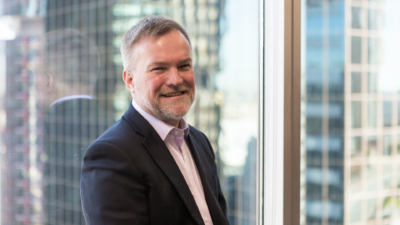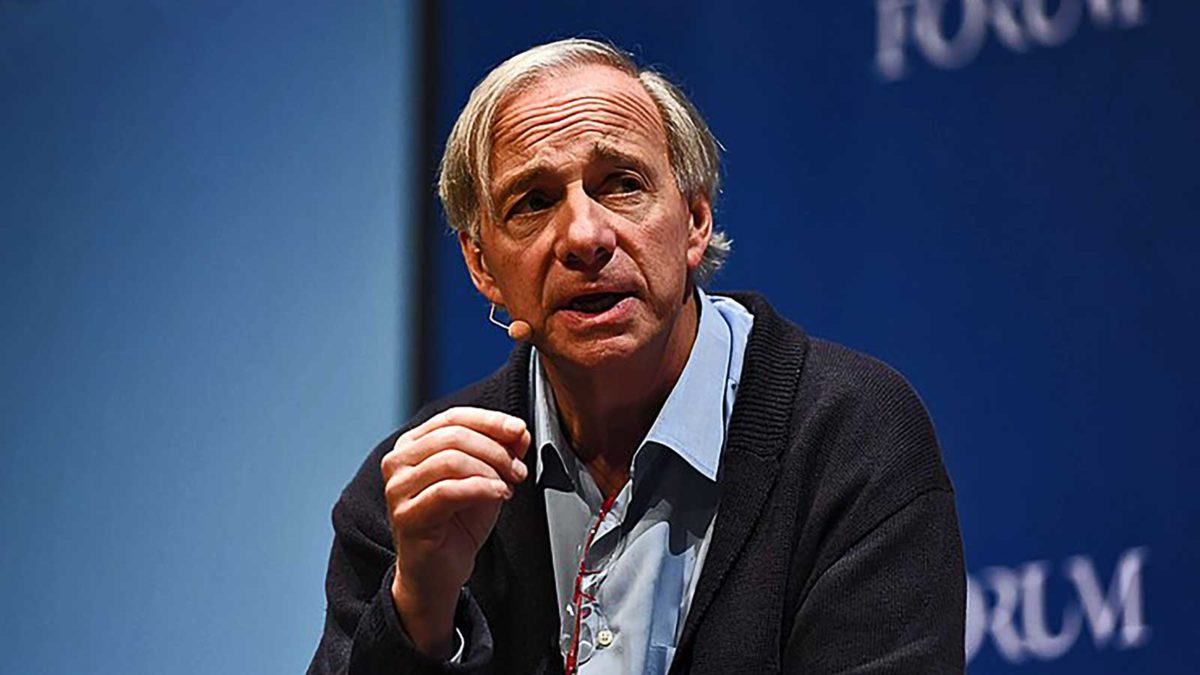‘Cash is still trash’ as empires collapse
Cash is still trash for hedge fund legend Ray Dalio, who believes the world is entering a new paradigm characterized by internal and external conflict that will only intensify in the years ahead.
Dalio, founder of Bridgewater Associates and one of those polymath billionaire investors who frequently turn their attention to issues beyond pure finance, has been warning against holding cash and bonds for years, but believes that massive wealth and power shifts are underway that will create a new paradigm where it is:
“1) undesirable to hold dollar-, euro-, and yen-denominated credit assets, especially short-term debt assets, because they will have significantly negative real returns, and 2) it is desirable to hold a well-diversified portfolio of currencies, countries, and asset classes,” Dalio wrote.
Dalio’s three biggest concerns are debt and debt monetisation, internal conflicts over wealth and values, and external geopolitical conflicts. The current paradigm is a “classic one”, characterized by the leading empire (the US) spending more than it is earning, having large wealth gaps, and being in relative decline compared to China.
“I think one’s assets and liabilities should be well-balanced with minimum exposures to dollar, euro, and yen currency and debt assets….I also think it will pay to be short cash (i.e., borrow cash),” Dalio wrote. “Of course there will be corrections during the several years in the paradigm-for example, in central bank tightening.”
“But I don’t see any sustained period in which the government will likely allow cash returns to be better than the returns of a well-diversified, non-cash portfolio (e.g., all weather) geared to the level of risk you’re comfortable with because that would cause terrible problems.”
However, 2022 will “probably be one of those less volatile transition years that occur between those more volatile years that bracket the short-term”, a period of relative calm after “big stimulations” and before tightening and recession – not 2008, but 2010-2011. Economic and market volatility will be lower, and equity and asset prices will rise with interest rates.
“This short- term cycle began in 2020 when the economic plunge was greater than normal and the big political shift to the left was greater than normal, which together led to much greater than normal fiscal and monetary stimulations, which in 2021 led to greater than normal surges in markets, economic activity, and inflation,” Dalio wrote.
“Given existing market forces and market pricings it seems likely to me that there will be a calming down of those things while the issues simmer before they increasingly heat up in 2023 and rise to a boil in 2024.”
Politically, the same idea of transition applies. 2022 is an election year in many countries, and conflict is undesirable at such a time, though it will appear down the track. The biggest risks on the horizon instead come from climate change and the increased risk of extreme weather events, such as droughts and one-in-a-hundred year storms – highly unpredictable events with devastating consequences – and the rapid pace of technological innovation.
“I see big risks from these techniques/developments especially in this highly connected digital world. For example cyber risks and attacks are rising so fast that there is a good chance that they will soon become a major problem – e.g., it is now possible for hackers to have virtually total access to, and total control of, almost all systems,” Dalio wrote.
“The powers to disrupt in systemically threatening ways have expanded from being in the hands of a limited number of sophisticated governments to common hackers. The powers to inflict damage in wars are as mind-boggling as the powers to heal and improve people.











